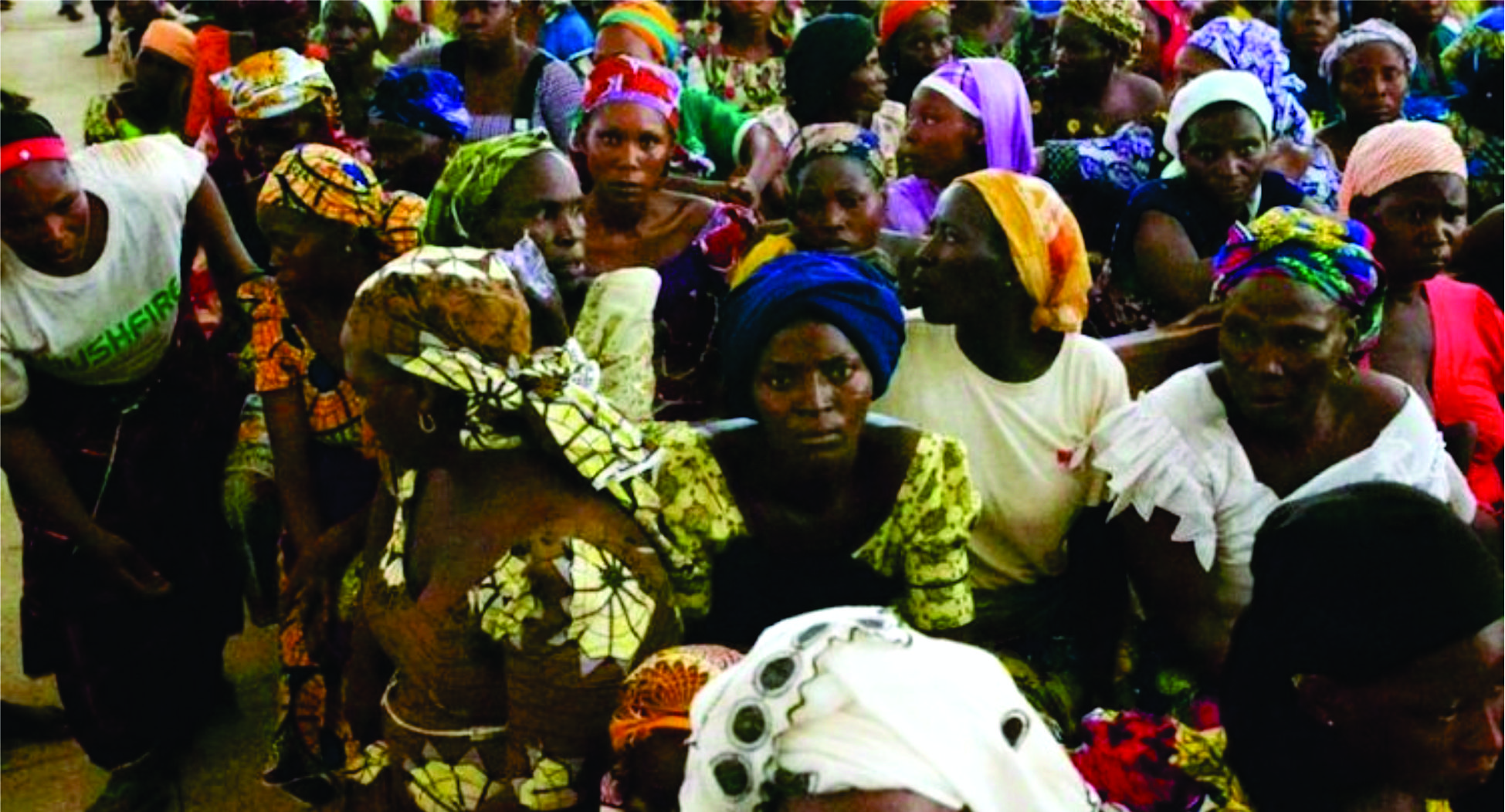Women
COVID-19: Women Front And Centre

One thing is clear about the COVID-19 pandemic, as stock markets tumble, schools and universities close, people stockpile supplies and home becomes a different and crowded space: this is not just a health issue. It is a profound shock to our societies and economies, exposing the deficiencies of public and private arrangements that currently function only if women play multiple and underpaid roles.
With children out of school, mothers at home may still work, but many have also become teachers and caregivers, with consequences for those previously employed in those roles. For the 8.5 million women migrant domestic workers, often on insecure contracts, income loss also affects their dependents back at home. As schools close in more countries, the number of mothers facing this across the world rises and the consequences accumulate.
By the middle of March there were 207,855 confirmed cases in 166 countries, areas or territories. Without data that is disaggregated by sex, however, these numbers give us only part of the story of the impact on women and men. We need far more sex-disaggregated data to tell us how the situation is evolving, including on differing rates of infection, differential economic impacts, differential care burden, and incidence of domestic violence and sexual abuse.
Even without this, experience from previous major epidemics points us to specific strengths and vulnerabilities that we can look out for and be proactive to safeguard. Where governments or businesses put income protection in place, this can ease these dilemmas, sustain incomes and avoid driving households into poverty. This response must also include those in the informal economy, where most women who work outside home make their livelihood. Such social protection is best directed specifically to women.
The 2014-16 Ebola outbreak in the West African countries provide essential, gendered public health and socioeconomic lessons. Women in those outbreaks were exposed to both health and economic risks, as they are again now, in ways intrinsically connected with their roles in the community and responsibilities as caregivers within the home and family.
For example, both Ebola and Zika infections are potentially catastrophic for pregnant women. Yet during both previous outbreaks, access to family planning services were very limited, and pregnant and lactating women were excluded from vaccination against the viruses. This underlines the importance of sustained maternal health services to avoid a resurgence of birth-related deaths, and equal access for women to the development and use of all medical products including vaccines once produced.
This is a moment for governments to recognize both the enormity of the contribution women make and the precarity of so many. This includes a focus on sectors where women are over-represented and underpaid, such as daily wage earners, small business owners, those working in cleaning, caring, cashiering and catering sectors and in the informal economy.
Globally, women make up 70 per cent of frontline workers in the health and social sector, like nurses, midwives, cleaners and laundry workers. We need mitigation strategies that specifically target both the health and economic impacts of the COVID-19 outbreak on women and that support and build women’s resilience, as we saw in Liberia and elsewhere. And to make those responses as well designed as possible, women should be fully engaged in their creation, be priority recipients of aid, and partners in building the longer-term solutions.
We are learning more every day from the arc of the pandemic in China. We have been working closely there with country leadership as part of the UN collective response. Joint campaigns have reached 1 billion people, with communications that raise awareness through public health information, combat stigma and discrimination, reflect women’s specific needs, promote women’s leadership and contributions and develop recovery plans that link equality, health and the economy.
All of us engaged in this effort, whether public or private sector, need to take a coordinated, people-centred approach to rapidly building health system capacity in both developed and developing countries, making a conscious effort to put women front and centre. For example, creating better access to appropriate personal protective equipment for home-based caregivers, and removing obstacles to their work, by promoting flexible working arrangements, and ensuring supplies of menstrual hygiene products. These needs are even more important for areas under lockdown or quarantine. So too are considerations of gender-based violence that are exacerbated by these conditions, but may not receive the attention they need, in the drive to respond to the pandemic.
Violence against women is already an epidemic in all societies, without exception. Every day, on average, 137 women are killed by a member of their own family. We also know that levels of domestic violence and sexual exploitation spike when households are placed under the increased strains that come from security, health and money worries, and cramped and confined living conditions. We see this frequently among displaced populations in crowded refugee camps; and reported domestic violence has tripled recently in some countries practising social distancing.
COVID-19 provides us with an opportunity for radical, positive action to redress long-standing inequalities in multiple areas of women’s lives. There is scope for not just endurance, but recovery and growth. I ask governments and all other service providers including the private sector to take this opportunity to plan their response to COVID-19 as they have never done before, and fully take a gender perspective into account, proactively building gender expertise into response teams and embedding gender dimensions within response plans. For example, include surge funding for women’s shelters so they can provide for women who need to escape violent relationships, and aim economic support and bail outs specifically at retail sectors, hospitality and small businesses where women are predominantly employed on precarious contracts, if any, and are most vulnerable to forced cost-saving.



